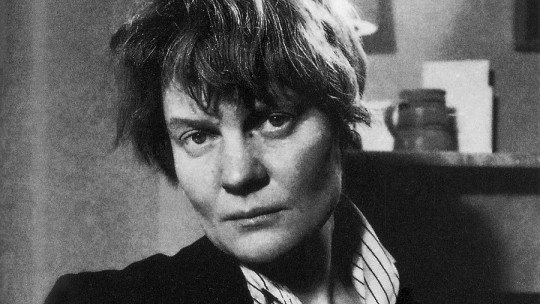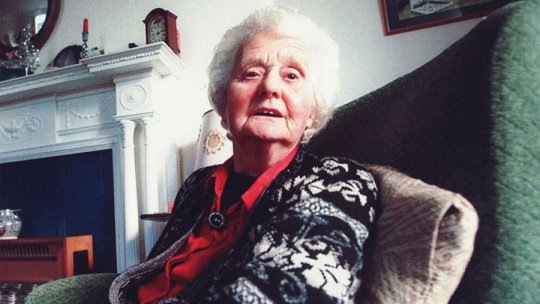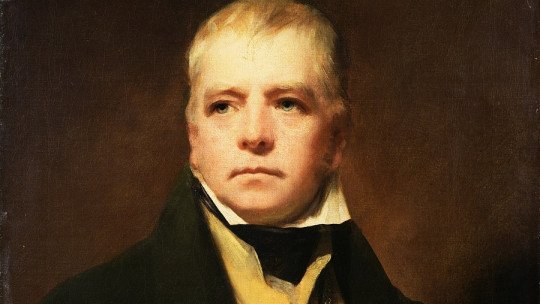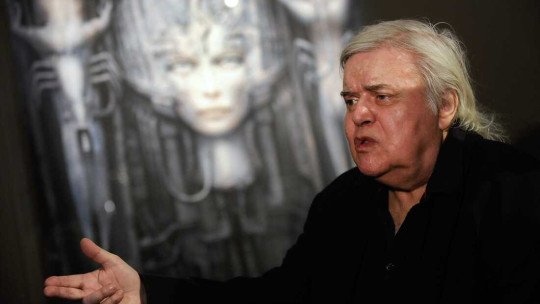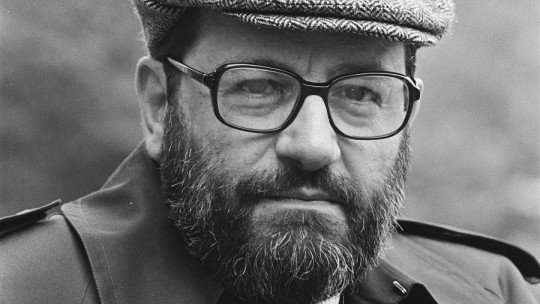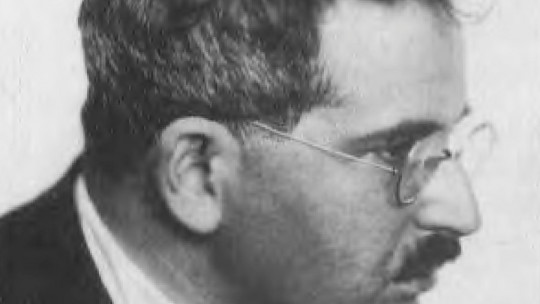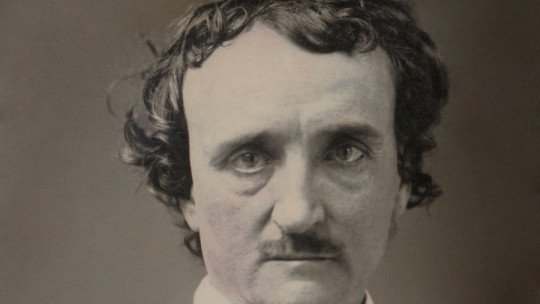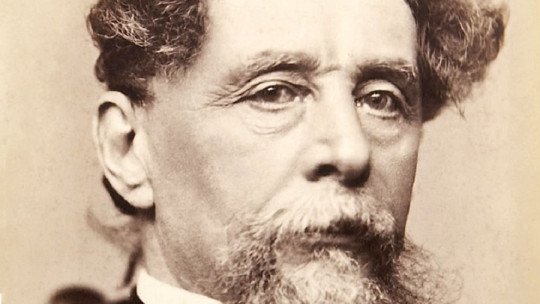In 2001 the film was released Iris, a biopic based on the book that Iris Murdoch wrote her husband, the literary critic John Bayley (1925-2015). The writer had recently died and the film knew how to take advantage of the fame from which she was called. The most brilliant woman in England.
Considerations aside (it is not our mission to decide here whether the film is good or not), the film brings to the screen the somewhat restless youth of the philosopher, to then take us to her last years, when she was fighting against the terrible illness of Alzheimer’s, which finally took her life in February 1999. By then, Iris Murdoch had left us no less than twenty-six novels and several works on philosophy; specifically, about moral philosophy, whose ideas she also included in her literary work.
In today’s article we will give a review of the exciting life of Iris Murdoch Irish philosopher and writer who has been considered one of the best writers in the English language.
Brief biography of Iris Murdoch, called the most brilliant woman in england
Iris Murdoch’s exceptional intellect was encouraged from a young age by her father, a modest civil servant who had moved from his native Dublin to London with his family. Wills John Hughes Murdoch came from a family of Irish farmers, but her humble origins did not prevent her from developing a great love for books, which she later passed on to her daughter.
In statements that Iris made as an adult, she talks about her family as a very happy trinity And the little girl’s childhood was flooded with happiness; Her parents were a solid marriage that she loved each other and she always felt loved and supported by them. Perhaps this is the reason why the concept of love as redemption is so present in her work, both literary and philosophical.
Childhood and youth surrounded by letters
The teenager Iris soon displayed an extremely curious and vital character, eager for knowledge and experiences. In 1938 her parents enrolled her at Somerville College in Oxford to study humanistic studies, which would do so much good for her intellectual background.
In the turbulent years before World War II, Iris joins the Communist Party for a short time, a fact that will later prohibit her from accessing teaching in the United States During the war, the future writer collaborates in an institution attached to the United Nations to help exiles who suffered the consequences of the war.
Probably, and as Ignacio Echevarría states in his conference on Iris Murdoch for the Juan March Foundation, this direct experience with the horrors of war was an important learning experience for her.
At the end of the war, the girl, who in 1945 was already twenty-five years old, began studying philosophy at Cambridge , where the philosopher Ludwig Wittgenstein (1889-1951) teaches classes, who will have a great influence on her. That same year she met Jean-Paul Sartre (1905-1980), a meeting that would have special relevance in her life.
The philosopher greatly impresses the young woman, who dedicates her first book to him: Sartre, a romantic rationalist. It will be Murdoch’s first literary foray, as she will begin her career as a writer with essays dedicated to philosophy, a field in which she will stand out with the same excellence as in the novel.
The search for an ideal
During his youth, Murdoch maintained a hectic love life, with both men and women. Her sexual curiosity remained even after marrying John Bayley (1925-2015), a student who would become a literary critic and with whom, however, she built a solid and happy union. In one of the books that Bayley dedicated to his wife after her death, Elegy to Iris (1999), the husband points out that his wife’s sexual life seemed to be due more to admiration than to pure sexual desire. In other words, Iris granted her favors to the cultured and intellectual men she admired, as part of her dedication to an ideal.
One of her most famous romances (and, probably, the one that lasted the longest) was the one she had with the Nobel Prize winner in Literature Elias Canetti (1905-1994) who, however, had some harsh words for her in his work Party under the bombs . In one of the chapters of the book, Canetti calls his lover “insatiable” when it comes to seeking complicated relationships.
The philosopher who was also a writer
Iris’s first works were philosophical in nature. His essays revolve around moral philosophy : themes about the nature of good and evil, the replacement of God with love and art and moral dilemmas, among others.
However, Murdoch’s philosophical activity does not stop at his essayistic work, but rather he imbues his fictional literature with unusual strength and intensity. This is why his novels are often difficult to understand; Although comical and anecdotal situations abound, the deep meaning of his stories is another matter. Iris continues to be a philosopher, even when she writes novels.
Murdoch’s first literary work caused surprise, since the public had become accustomed to seeing Iris as a philosopher, not a writer This is the novel Under the Net (Under the Nest), published in 1954, a story that revolves around the writer Jack Donaghue and is tinged with moments that involve moral decisions, a recurring theme in the writer’s future literary work.
After the success of Under the Net (which, by the way, has been considered one of the hundred best English novels of the 20th century according to the Modern Library publishing house), many more works arrived. Murdoch’s novel corpus contains no less than twenty-six titles , ten of which he wrote in just a decade. They especially stand out, in addition to the already mentioned under the net, The black prince (1973), which portrays an obsession of an erotic nature, The Unicorn (1963), a wonderful gothic story set in a mansion lost in a desolate place, and The sea, the sea (1978), with which the author won the Booker Prize and which tells us about the futile attempt to escape (the character takes refuge in a town near the sea, where she will end up reuniting with an old love).
The splendid career of The most brilliant woman in England It was cut short in 1995 when, at a public meeting in Jerusalem, Murdoch entered into a kind of block that prevented him from understanding and answering the question that had been addressed to him. What she initially interpreted as an artistic block turned out to be the beginning of Alzheimer’s, a disease that ended her life in 1999. Her husband, John Bayley, remained by her side until the end.

